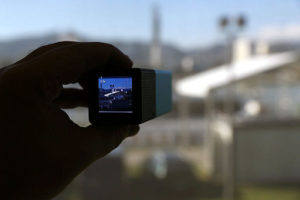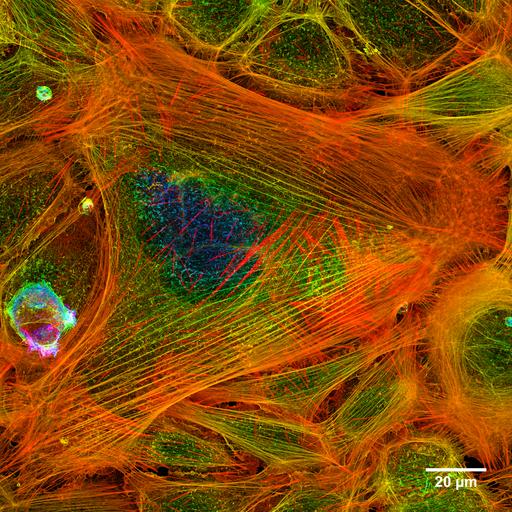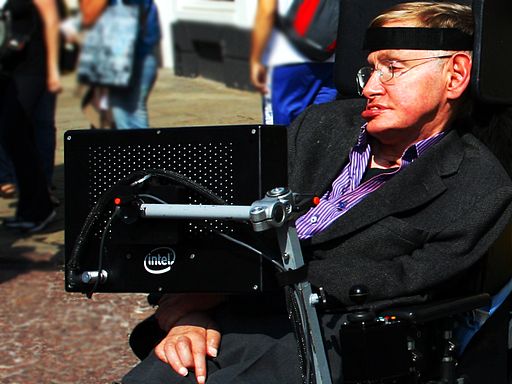
What technology has made light field photography more practical?
Image attribution for Lytro light field camera above: By Manfred Werner – Tsui (Own work) [CC BY-SA 3.0 (http://creativecommons.org/licenses/by-sa/3.0)], via Wikimedia Commons
While the technology and concept of light field photography has been around for over 100 years, its implementation has been technically cumbersome and time-consuming.
With companies like Nvidia, Adobe, and Lytro now providing solutions, the foundation is being provided for new applications of light field technology, and particularly photography.
The components of a basic light field photographic capability are the following.
Requirement #1: A plenoptic camera
A light-field camera (also known as plenoptic camera) captures information about the intensity of light in a scene, and also captures information about the direction that the light rays are traveling in space.
One type of light field camera uses an array of micro-lenses placed in front of an otherwise conventional image sensor; to sense intensity, color, and directional information.
Multi-camera arrays are another type of light field camera and include stereo cameras (both digital and film based). Holograms are a type of film based light-field image.
Source: Wikipedia.
Requirement #2: A system to compile the data
In 2010, at Nvidia’s GPU conference (on computer Graphics Processing Units), Adobe demonstrated an algorithm Adobe invented, starting with research from around 2004-2006, whereby the multitudes of little images taken with a plenoptic camera can be resolved into a single photo.
Requirement #3. A way to process the compiled data quickly
The amount of data collected as light field images tends to be so huge as to make the process of compiling it into a single image impractical, except for the most determined project-by-project efforts.
Visit the next page to see the demonstration of the Adobe/Nvidia GPU chip process which brought applause from the audience at about 3 min. 12. sec. into the 5 min. 28 sec. video.



